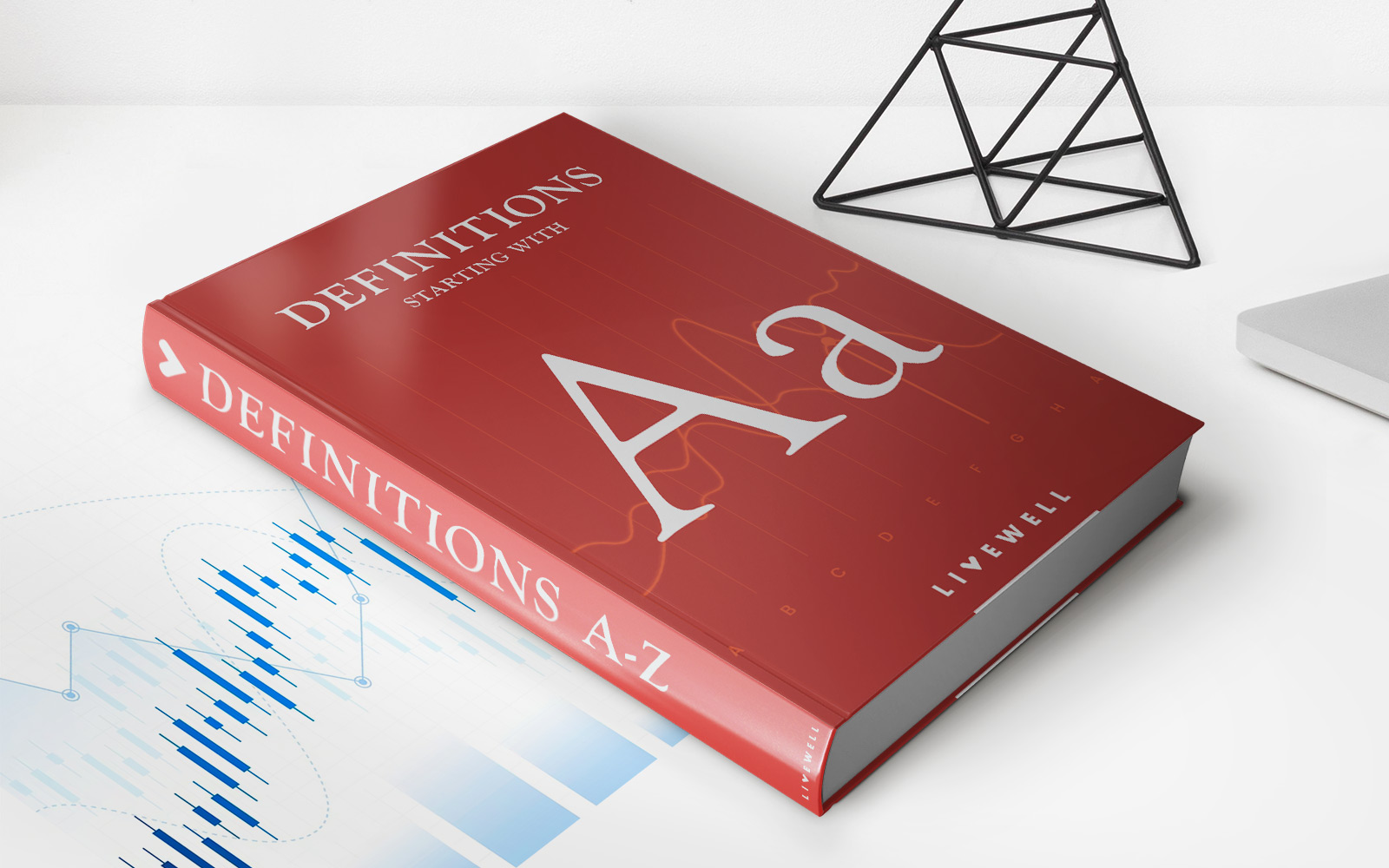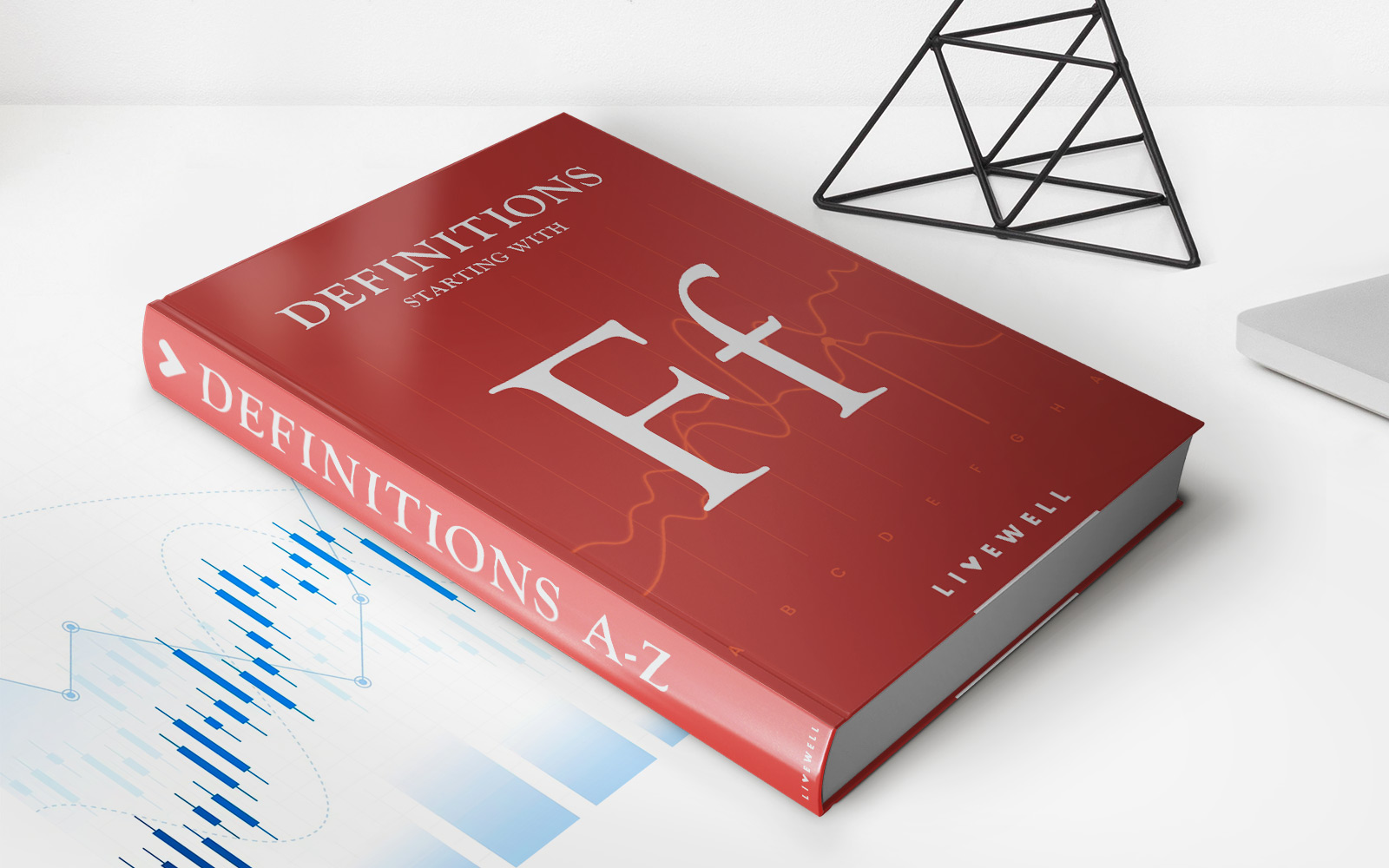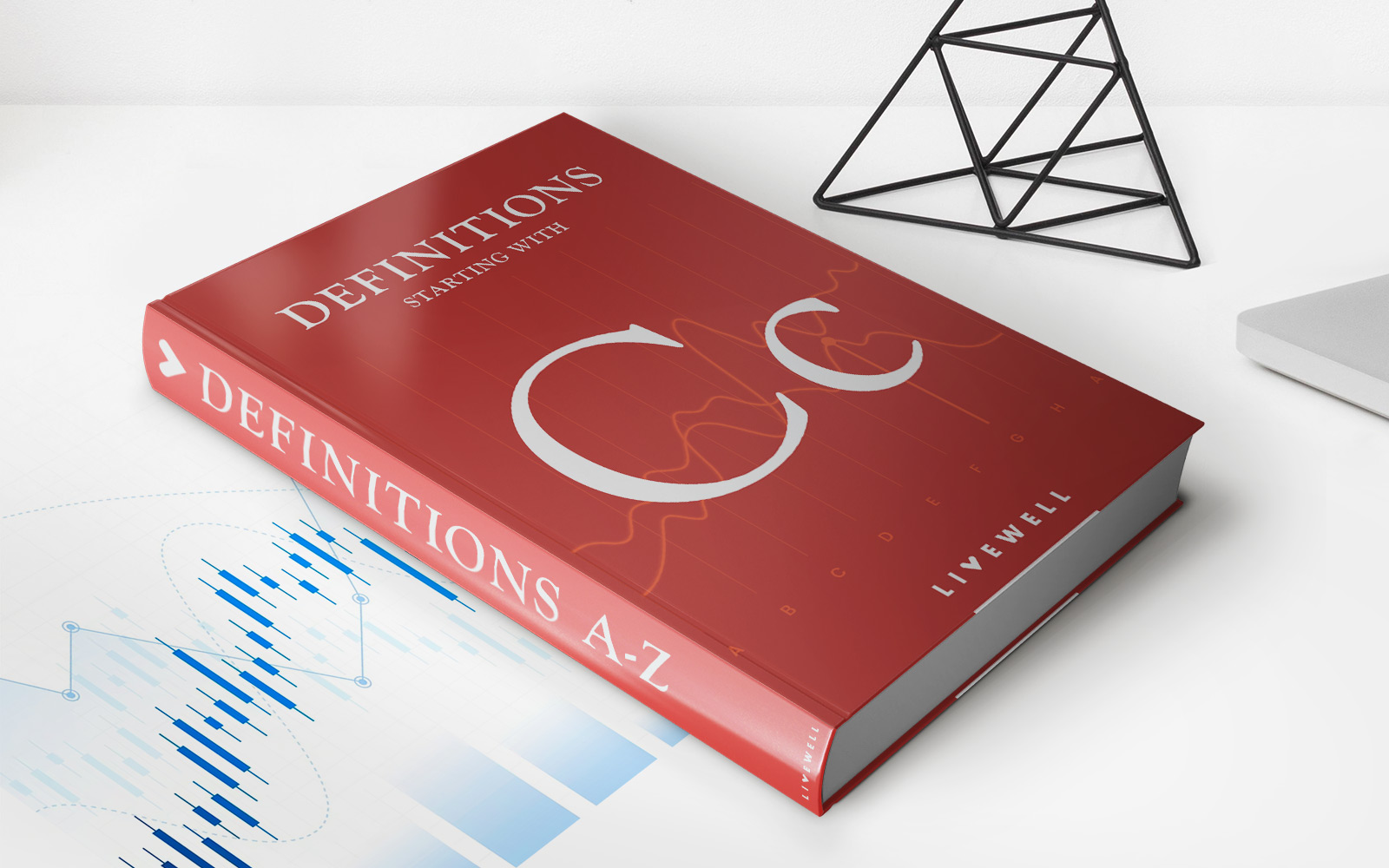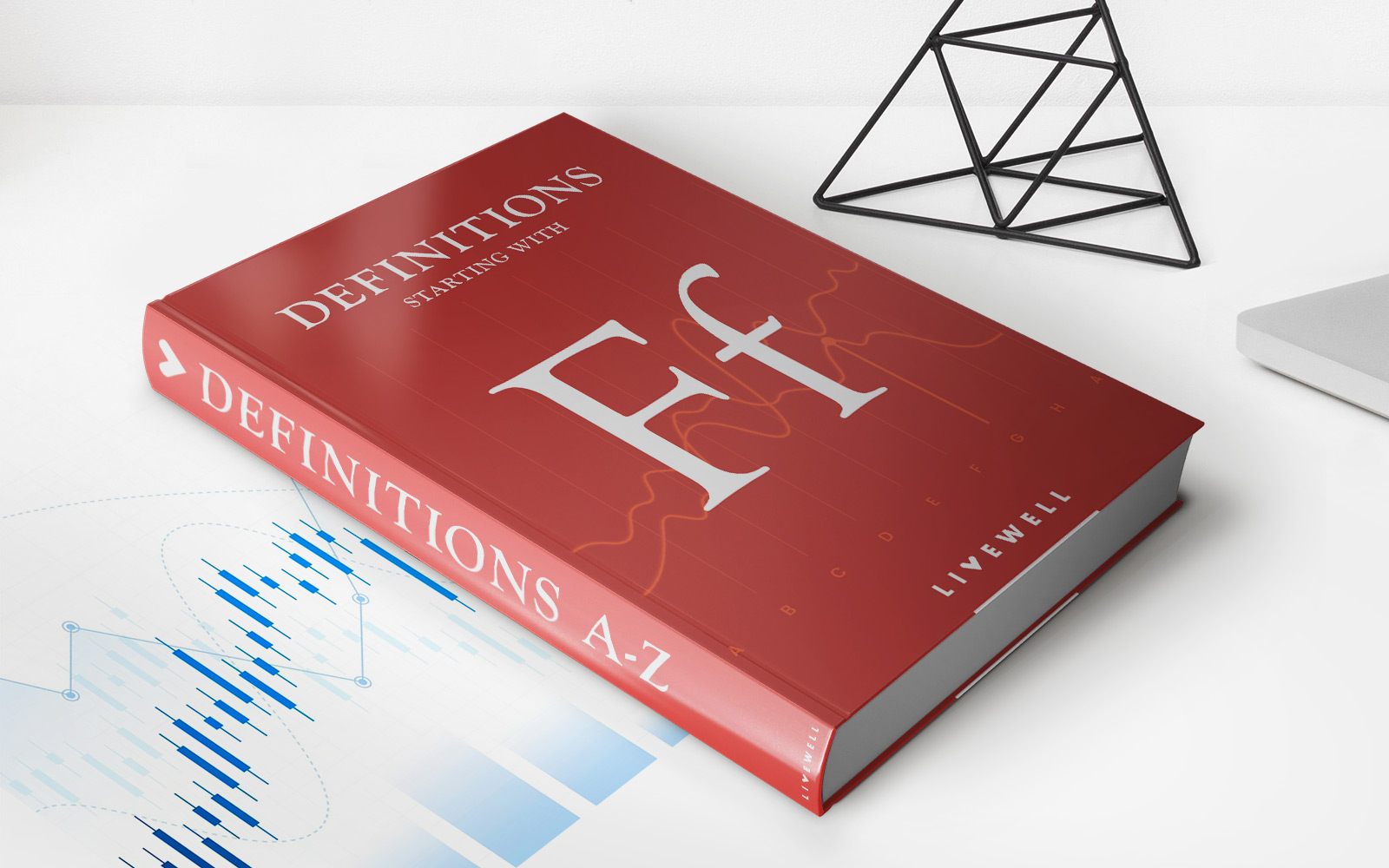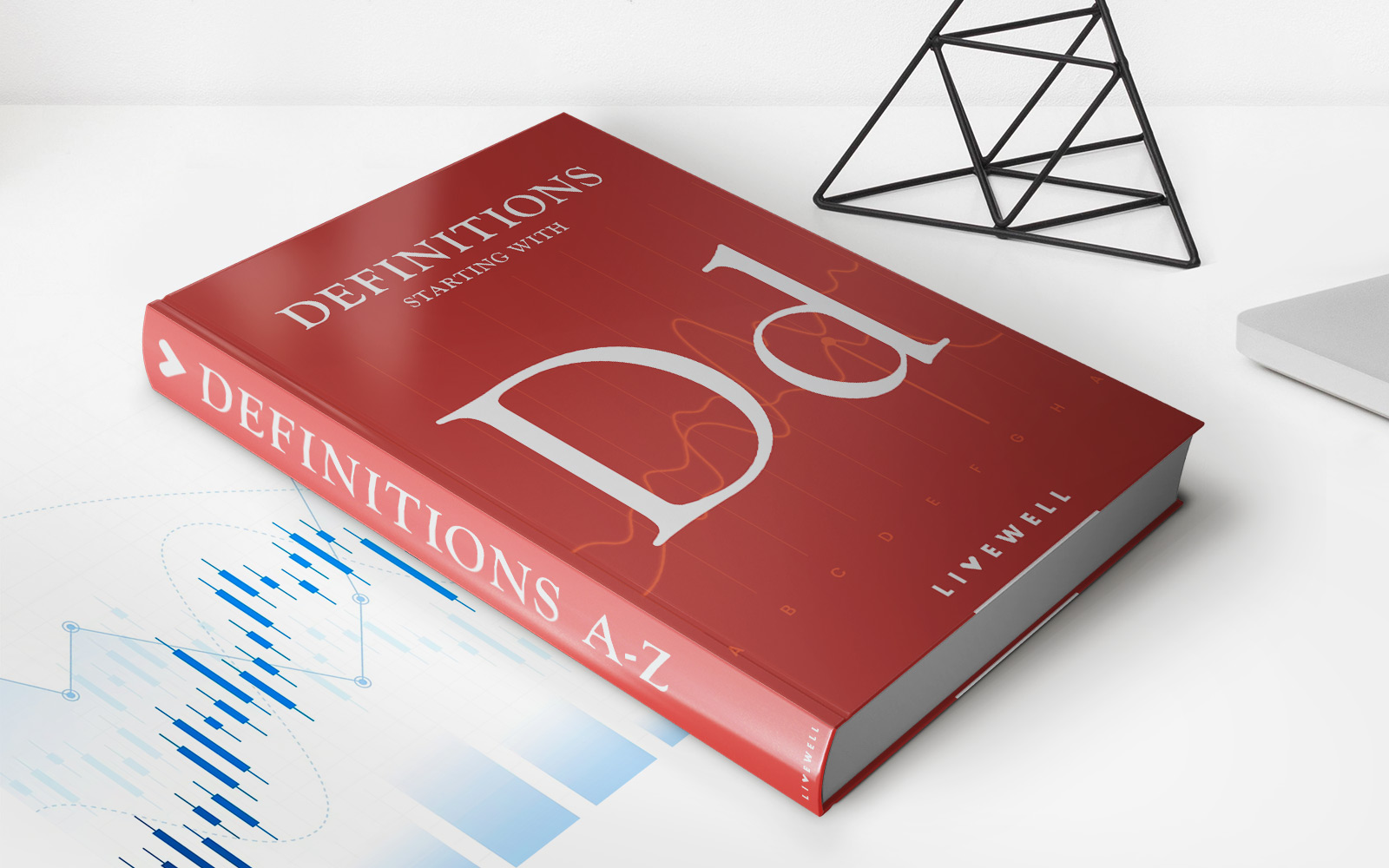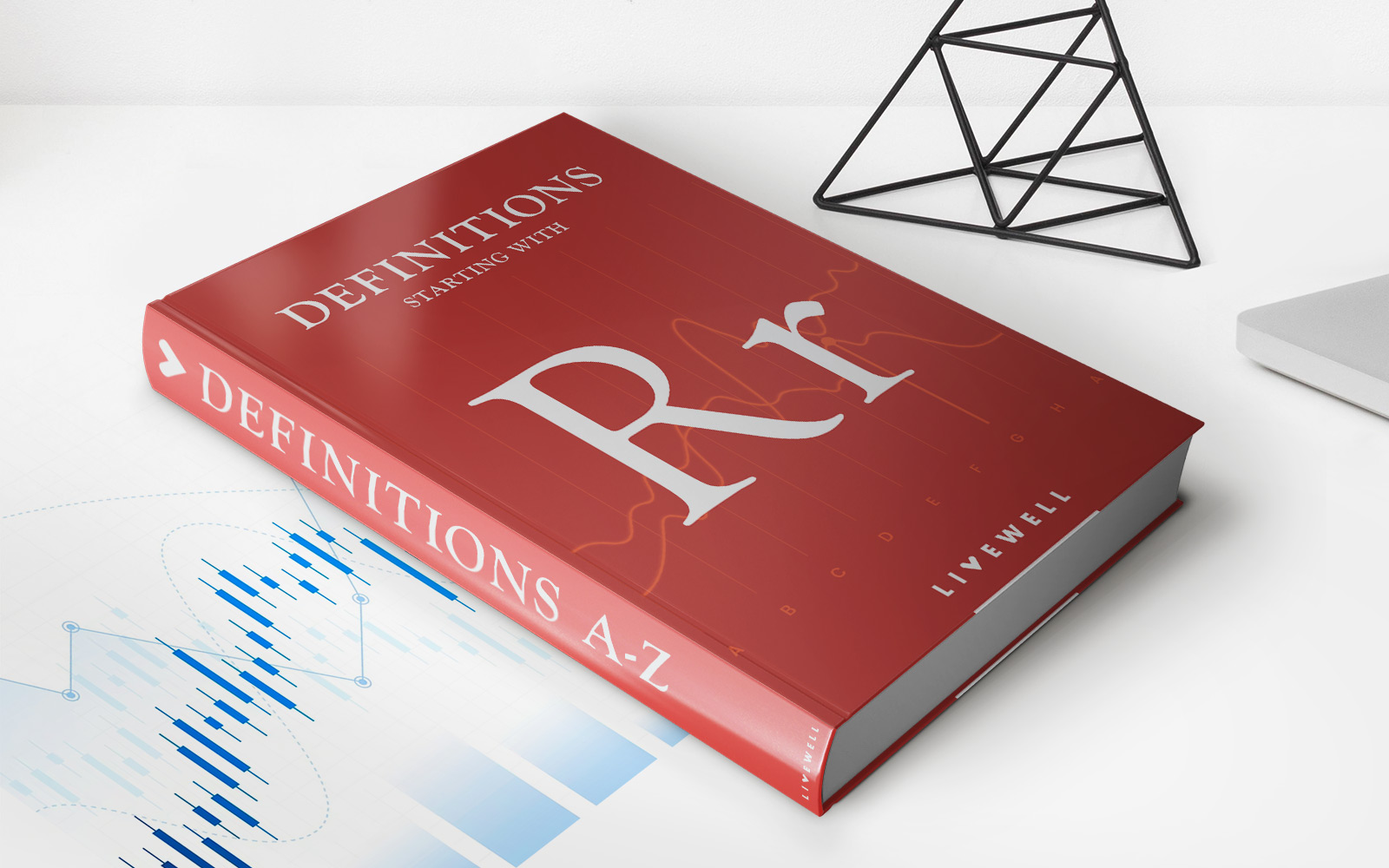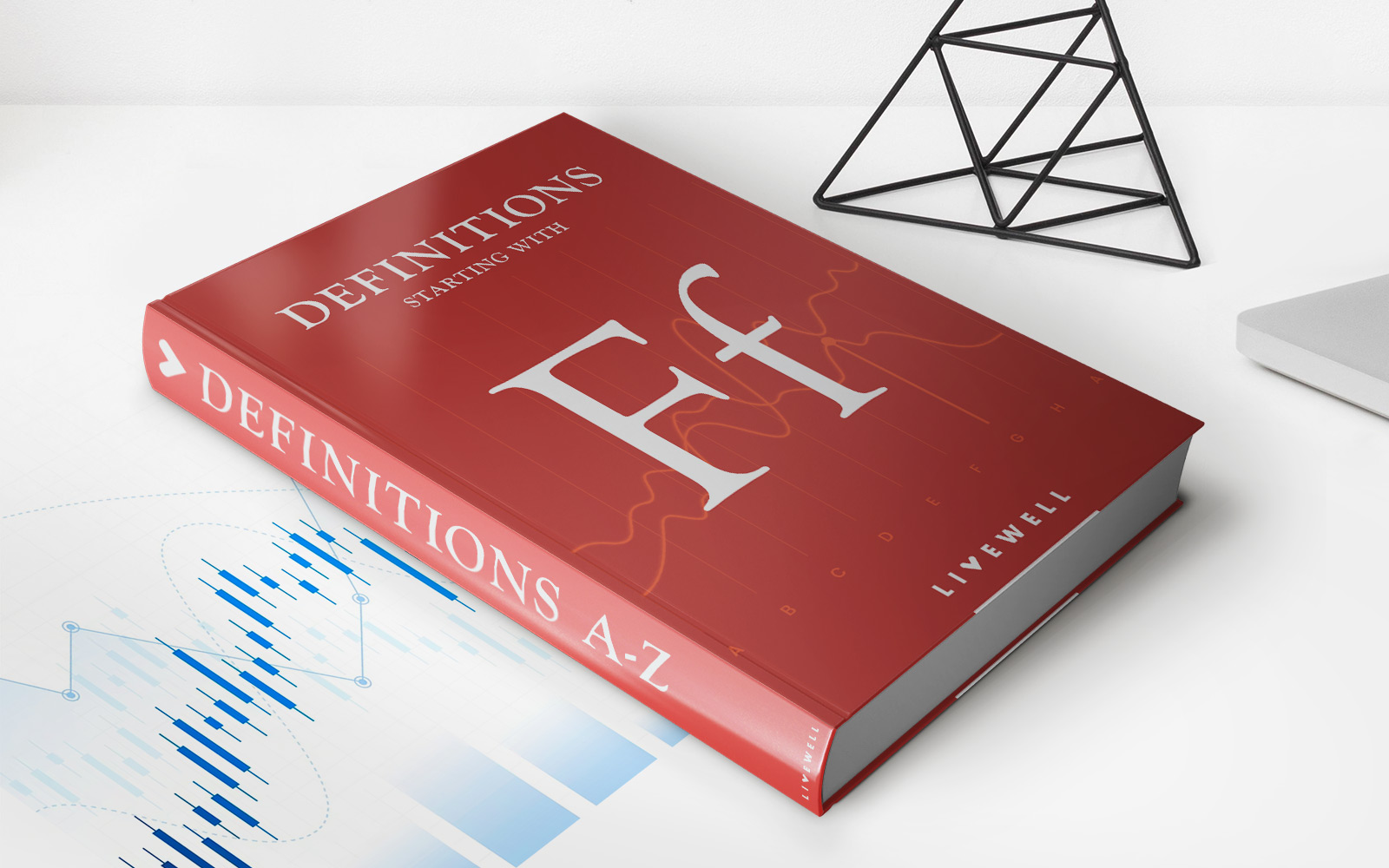

Finance
Fixed Debenture Definition
Published: November 25, 2023
Learn the meaning of fixed debenture in finance and how it can be a valuable investment. Enhance your financial knowledge with this informative guide.
(Many of the links in this article redirect to a specific reviewed product. Your purchase of these products through affiliate links helps to generate commission for LiveWell, at no extra cost. Learn more)
Understanding Fixed Debenture Definition: A Powerful Investment Tool in Finance
Welcome to our Finance category, where we explore various aspects of this vast and intriguing field. Today, we will delve into the fascinating world of fixed debentures, a financial instrument that offers investors stability and attractive returns. If you’re unfamiliar with fixed debenture, don’t worry! In this article, we will provide you with a comprehensive overview of this investment tool, including its definition, benefits, and how it works.
Key Takeaways:
- A fixed debenture is a type of bond or debt instrument issued by a company to raise capital.
- Investors receive fixed interest payments at regular intervals until the maturity date.
What is a Fixed Debenture?
A fixed debenture, also referred to as a fixed-rate debenture, is a financial instrument commonly used by companies to raise funds from investors. It falls under the category of bonds or debt instruments and offers investors a fixed interest rate over a predetermined period of time. This fixed interest rate distinguishes it from other types of debentures, such as floating-rate debentures, where the interest rate may fluctuate based on certain market conditions.
Companies issue fixed debentures to attract investors who seek stable and predictable returns. These debentures are typically backed by the company’s assets, ensuring that if the company fails to meet its financial obligations, investors have a claim on those assets to recover their investments. This level of security makes fixed debentures an appealing investment option for risk-averse individuals and institutions.
How Do Fixed Debentures Work?
When a company decides to issue fixed debentures, they offer them to investors through a public offering or private placement. Investors purchase these debentures, effectively lending money to the company. In return, the company pays regular interest payments to the investors over the debenture’s tenure, usually on a semi-annual or annual basis.
Upon maturity, which is the end of the debenture’s tenure, the company repays the principal amount borrowed from investors. This repayment can either be made in a single lump sum or through instalments, depending on the terms of the agreement.
Fixed debentures come with specific terms and conditions, including the interest rate, maturity date, and redemption clauses. It’s essential for investors to carefully review these terms before considering investing in fixed debentures to ensure they align with their investment goals and risk tolerance.
The Benefits of Fixed Debentures
Investing in fixed debentures offers several advantages for both companies and investors:
- Stable Returns: Fixed debentures provide investors with a predetermined fixed interest rate, which offers stability and predictability. This makes them an attractive option for income-oriented investors who rely on regular cash flows.
- Asset-Backed Security: Fixed debentures are typically secured by the company’s assets, making them a relatively safer investment compared to unsecured debt instruments.
- Diversification: Adding fixed debentures to an investment portfolio can help diversify risk by including fixed income securities alongside equities or other investment assets.
- Tax Advantages: Depending on the jurisdiction, some fixed debentures may offer tax benefits to investors, such as tax exemption on the interest earned.
It’s important to note that investing in fixed debentures, like any investment, carries its own set of risks. Investors should carefully assess the financial health of the issuing company, review the terms and conditions of the debenture agreement, and consider seeking professional advice before making any investment decisions.
Now that you have a better understanding of fixed debentures, you can evaluate whether they align with your investment objectives. Remember to conduct thorough research and consider consulting with a financial advisor to make informed investment choices.


